A Love Letter to You from Me, Your Creator

Dearest Everyone,
I am sending you this love letter because I want you to know the principles of life upon which the world stands. It is important that you know that I make no exceptions to my own principles of conduct nor to the laws of nature that ensure that the sun rises (poetically speaking), or that day follows night, or that rocks are hard and rain is wet.
- I make no exceptions. I’m sorry if you find that disappointing, but imagine if I did make exceptions. For whom would I make the exceptions? Would it be for those of you who behave well? Please, if you tell the truth, you are only doing that to avoid punishment or to get a reward. Would it be for those of you who make big donations? If you tell the truth, that is for your own self-satisfaction. Would it be to those of you who give me your prayers of repentance? Give those prayers of repentance to your brothers and sisters, to your friends and acquaintances, to the strangers you step over and ignore. I don’t need those. I don’t hold grudges.
- Regarding gravity: count on it. Don’t expect to jump off a roof and float…and don’t say I didn’t warn you.
- Regarding the weather: it’s unpredictable. If you don’t like that, don’t become a farmer. Try being a dermatologist: it pays more and the hours are better.
- No matter how much I love you and how adorable you are, remember to wear gloves when it’s freezing outside. Take my word about this because if you don’t you’ll get frostbite. Just because you’re cute and a good person doesn’t mean I’ll make an exception.
And, in case you think I’ll treat scoundrels and murderers any differently you are wrong…if they wear gloves outside when it’s cold, they won’t get frostbite (even if you think they deserve it). - If you want to reap apples, make sure you have planted apple seeds. You will not get oranges from planting apple seeds no matter how much you’d like me to change my mind. Be sure to take the seeds out of your pocket, bend down, do a little digging and plant them. I did my part by providing the earth, the sun, the rain, and the seeds…not to mention providing you with the miracle of transformation and if you think that was easy, think again. You try it. It’s pretty tricky. And also,
- If it isn’t raining use a garden hose. And if you don’t have a garden hose, keep thinking of solutions. I gave you a brain with the capacity to create infinite solutions for infinite problems.
- Read points 5-7 again…I’m not just talking about gardening…I’m talking about relationships and anything else that is important to you and that you value.
- If you get angry, it’s because you think you are entitled to have something you don’t have, or you think someone should be some other way. Remember the Flood? Now, that was anger so I know what I’m talking about. The rainbow afterwards was just to let you know I came to my senses and I would never do that again. After all, I created you with free will, so who am I to get upset when you do something I don’t like? Of course, I have my preferences. who doesn’t? After all, wouldn’t you prefer to see your children content than miserable?
- Speaking of being miserable, I’m not going to rescue you from the misery you brought upon yourself. That doesn’t mean I don’t have compassion for you…it does mean, as the sign says in the china shop, “You broke it, you buy it. It’s yours.” Sometimes the best way to rescue you is to let you sit with your choice…it helps you get the consequences into your bones so when faced with a similar situation you are more likely to make a different choice.
- Regarding death, yours is certain. You will not be the exception. Even Jesus died. Even though you won’t know when you’re going to die or how you’re going to die, it will happen. Having said that, take my advice…it’s still a good idea to wear your seatbelt and respect the speed limits.
- Everything you need to know about life can be found in the driver’s handbook that is issued by your state. I’ll send you more about that in my next letter to you.
- Remember, you are never alone. Nope, never.



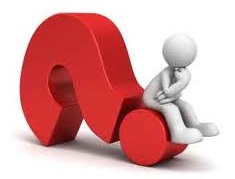
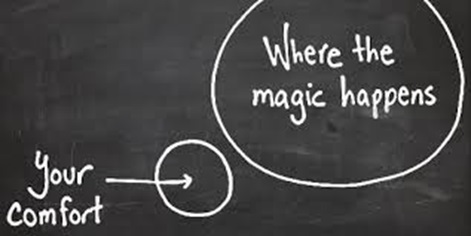



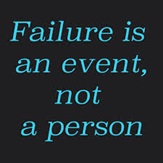
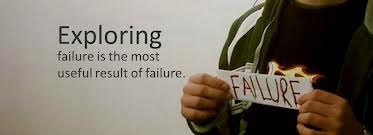
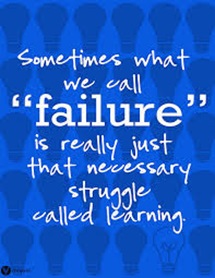
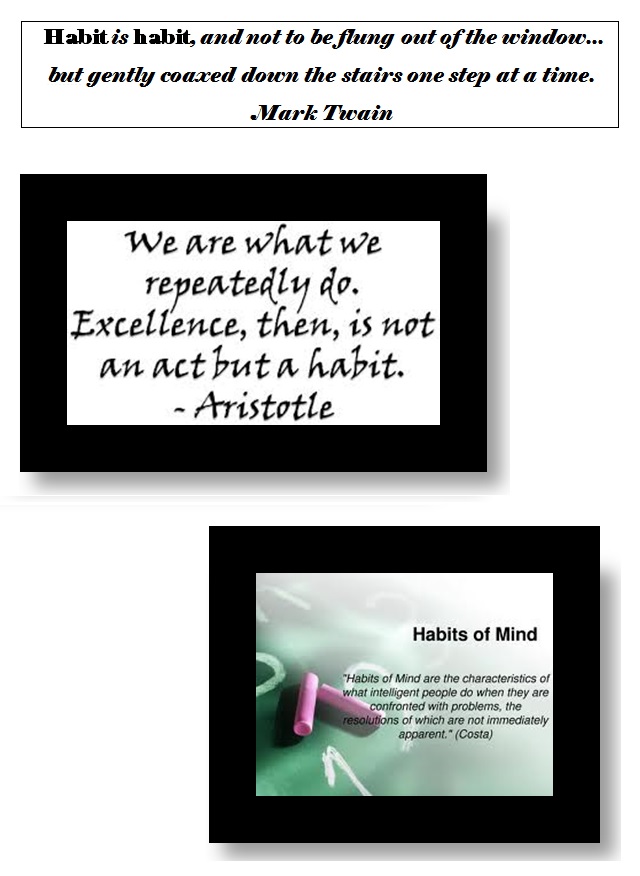
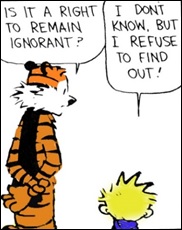
 For many of us, the most difficult word to say is one of the shortest and easiest in the vocabulary: No. Go ahead, say it aloud: No. “No”… simple to pronounce, hard to say. We’re afraid people won’t like us or we feel guilty. We may believe that a good employee, parent, spouse, child, parent, good friend religious person never says “no.” The problem is, if we don’t learn to say “no,” we stop liking ourselves and the people we always try to please. We may even punish others out of resentment. When do we say “no?” When “no” is what we really believe. When we learn to say “no” we learn to stop lying. People can trust us and we can trust ourselves. All sorts of good things start to happen when we say what we mean. If we’re scared to say no we can buy some time. We can take a break, rehearse the word, and go back and say “no.” We don’t have to offer long explanations for our decisions. When we can say no, we can start to say “yes” to the good. Our “no’s” and our “yes’s” begin to be taken seriously. We can control of ourselves. And we learn a secret: “No” isn’t that hard to say. ( The Language of Letting Go by Melody Beattie)
For many of us, the most difficult word to say is one of the shortest and easiest in the vocabulary: No. Go ahead, say it aloud: No. “No”… simple to pronounce, hard to say. We’re afraid people won’t like us or we feel guilty. We may believe that a good employee, parent, spouse, child, parent, good friend religious person never says “no.” The problem is, if we don’t learn to say “no,” we stop liking ourselves and the people we always try to please. We may even punish others out of resentment. When do we say “no?” When “no” is what we really believe. When we learn to say “no” we learn to stop lying. People can trust us and we can trust ourselves. All sorts of good things start to happen when we say what we mean. If we’re scared to say no we can buy some time. We can take a break, rehearse the word, and go back and say “no.” We don’t have to offer long explanations for our decisions. When we can say no, we can start to say “yes” to the good. Our “no’s” and our “yes’s” begin to be taken seriously. We can control of ourselves. And we learn a secret: “No” isn’t that hard to say. ( The Language of Letting Go by Melody Beattie)
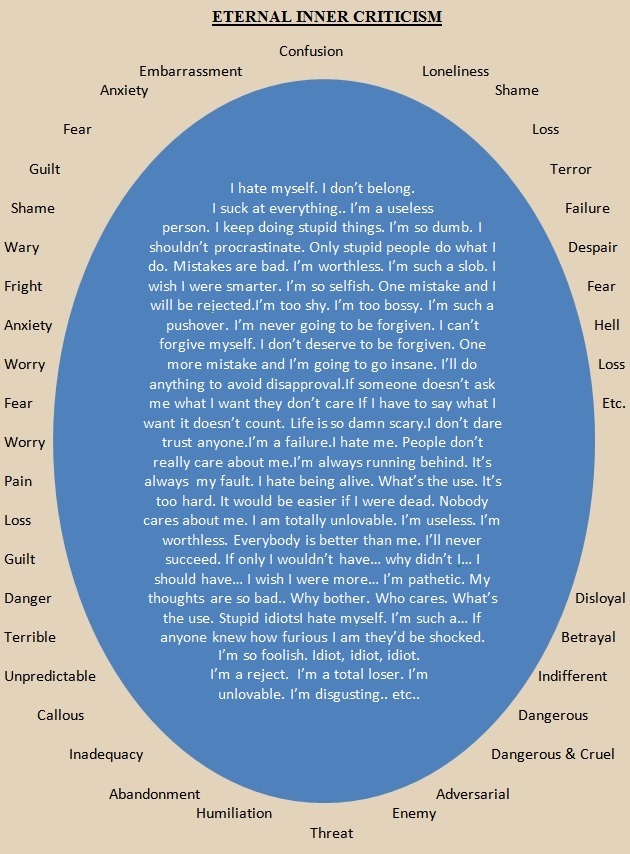
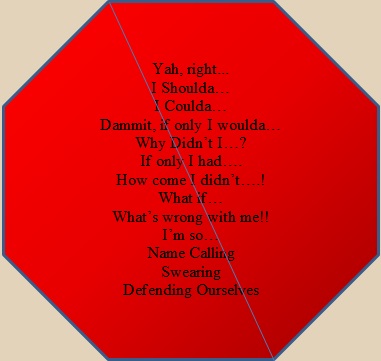
 Punishment is a behavior growing out of anger and it can take many, many forms: a loud voice, a sharp tongue, a rough hand, a glaring eye, a silent look, a turned shoulder. The origin of the word “punishment” means “to take vengeance.” It is used against others and all-too-often we use it against ourselves and are left in the wake of the effects of its destructive shaming and guilt. It is designed solely to reduce the likelihood of the occurrence of certain behaviors which we do not agree with and want to keep from occurring in the future.
Punishment is a behavior growing out of anger and it can take many, many forms: a loud voice, a sharp tongue, a rough hand, a glaring eye, a silent look, a turned shoulder. The origin of the word “punishment” means “to take vengeance.” It is used against others and all-too-often we use it against ourselves and are left in the wake of the effects of its destructive shaming and guilt. It is designed solely to reduce the likelihood of the occurrence of certain behaviors which we do not agree with and want to keep from occurring in the future. 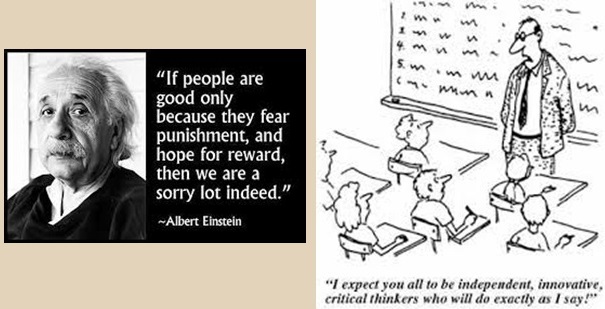
 Discipline, either toward another or toward ourselves, (self-discipline) is the art of making a “disciple” of one’s self. The origin of the word, “disciple” means “to instruct, to teach, to learn.” W. J. Bennett writes, in The Book of Virtues, “One is one’s own teacher, trainer, coach and ‘disciplinarian.’ It is an odd sort of relationship, paradoxical in its own way, and many of us do not handle it very well. There is much unhappiness and personal distress in the world because of failures to control tempers, appetites, passions, and impulses. ‘Oh, if only I had stopped myself’ is an all too familiar refrain”. In our lives, we will continually be in the process of disciplining ourselves by effectively managing our anger, our appetites, our passions, our impulses, then disciplining (teaching) ourselves (and others) by letting ourselves (and others) to experience the natural consequences of choices, the consequences that flow freely from the choices that are made. Self-discipline need not be harsh; it can take the form of a quiet resolve or determination that then directs our choices. It is exacting, but is rarely served by our being self-critical or self-denigrating. Self-discipline allows us to make use of whatever power and capabilities have been given us, to be all that we can in the service of our dreams.
Discipline, either toward another or toward ourselves, (self-discipline) is the art of making a “disciple” of one’s self. The origin of the word, “disciple” means “to instruct, to teach, to learn.” W. J. Bennett writes, in The Book of Virtues, “One is one’s own teacher, trainer, coach and ‘disciplinarian.’ It is an odd sort of relationship, paradoxical in its own way, and many of us do not handle it very well. There is much unhappiness and personal distress in the world because of failures to control tempers, appetites, passions, and impulses. ‘Oh, if only I had stopped myself’ is an all too familiar refrain”. In our lives, we will continually be in the process of disciplining ourselves by effectively managing our anger, our appetites, our passions, our impulses, then disciplining (teaching) ourselves (and others) by letting ourselves (and others) to experience the natural consequences of choices, the consequences that flow freely from the choices that are made. Self-discipline need not be harsh; it can take the form of a quiet resolve or determination that then directs our choices. It is exacting, but is rarely served by our being self-critical or self-denigrating. Self-discipline allows us to make use of whatever power and capabilities have been given us, to be all that we can in the service of our dreams.
